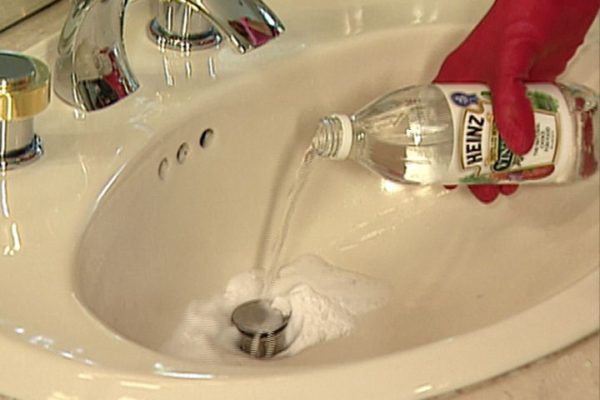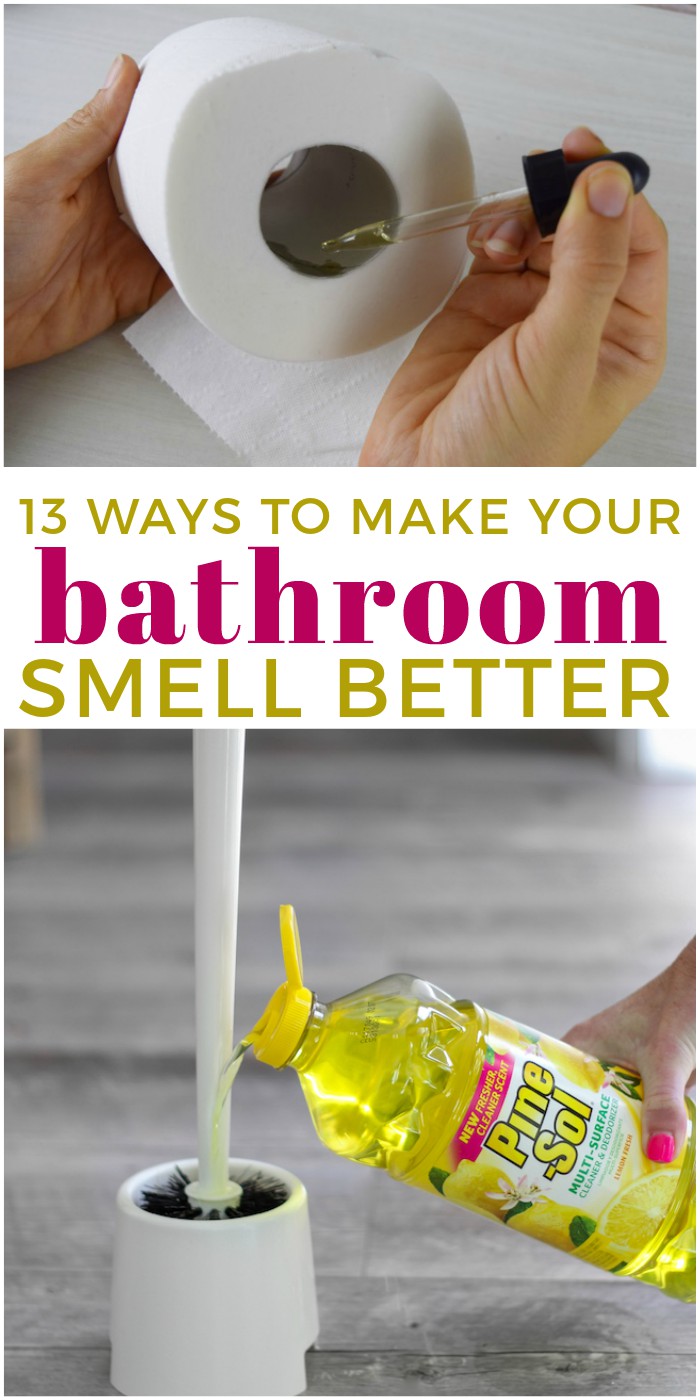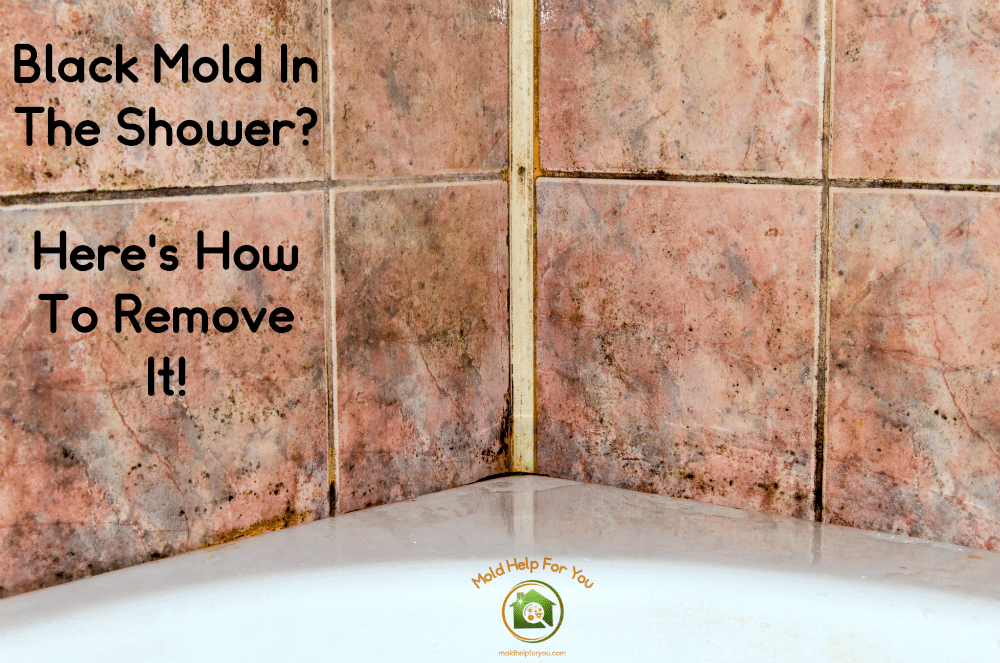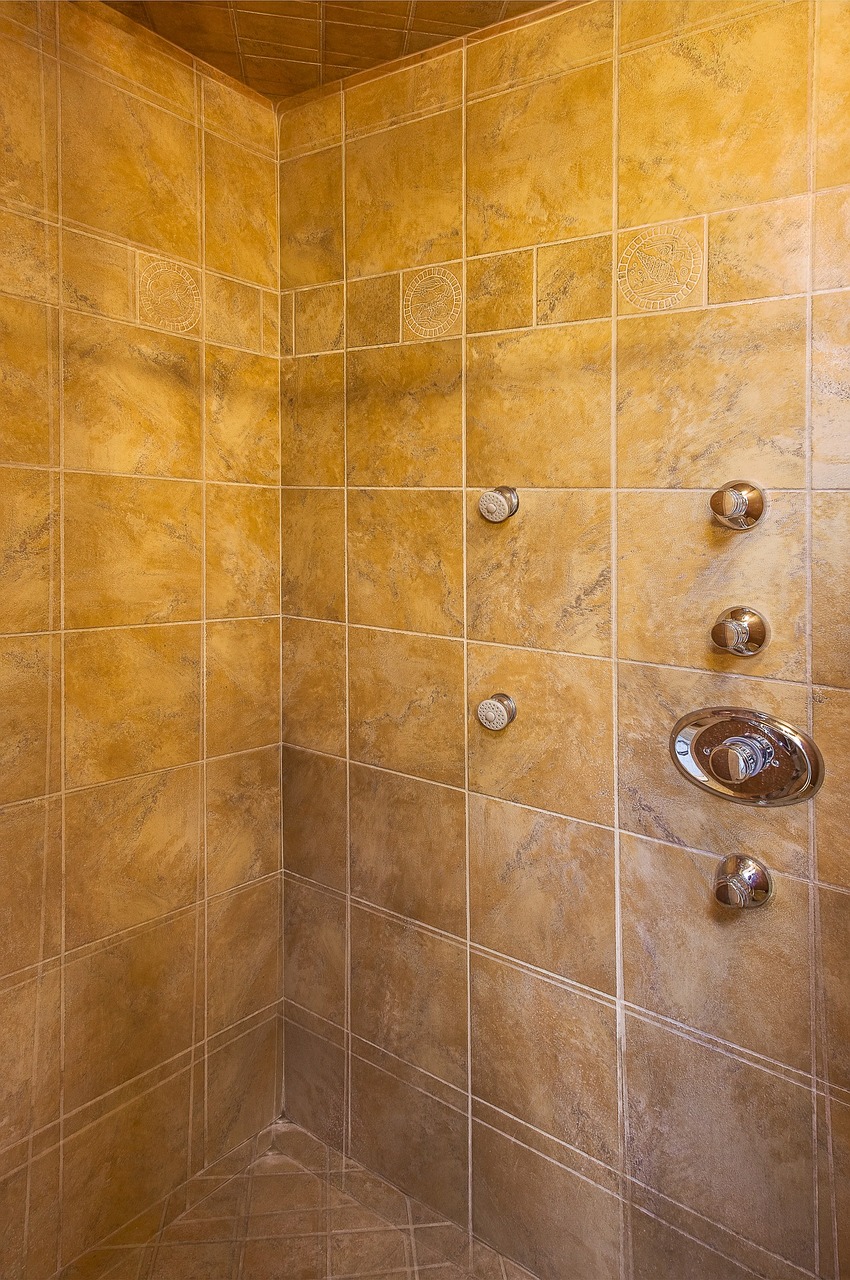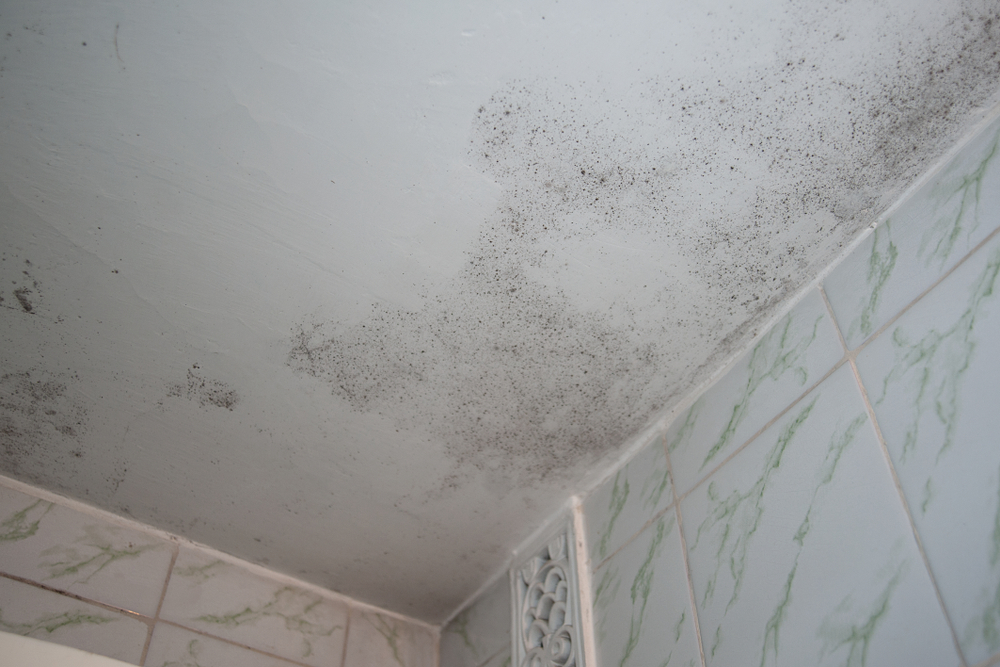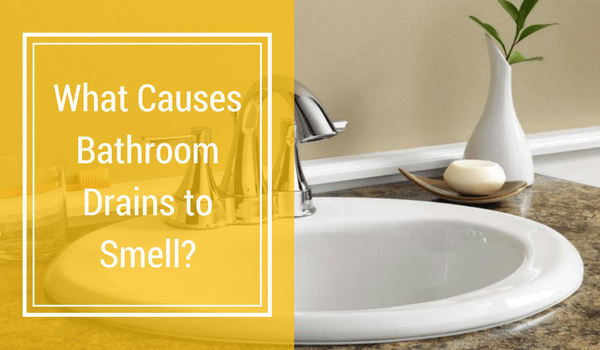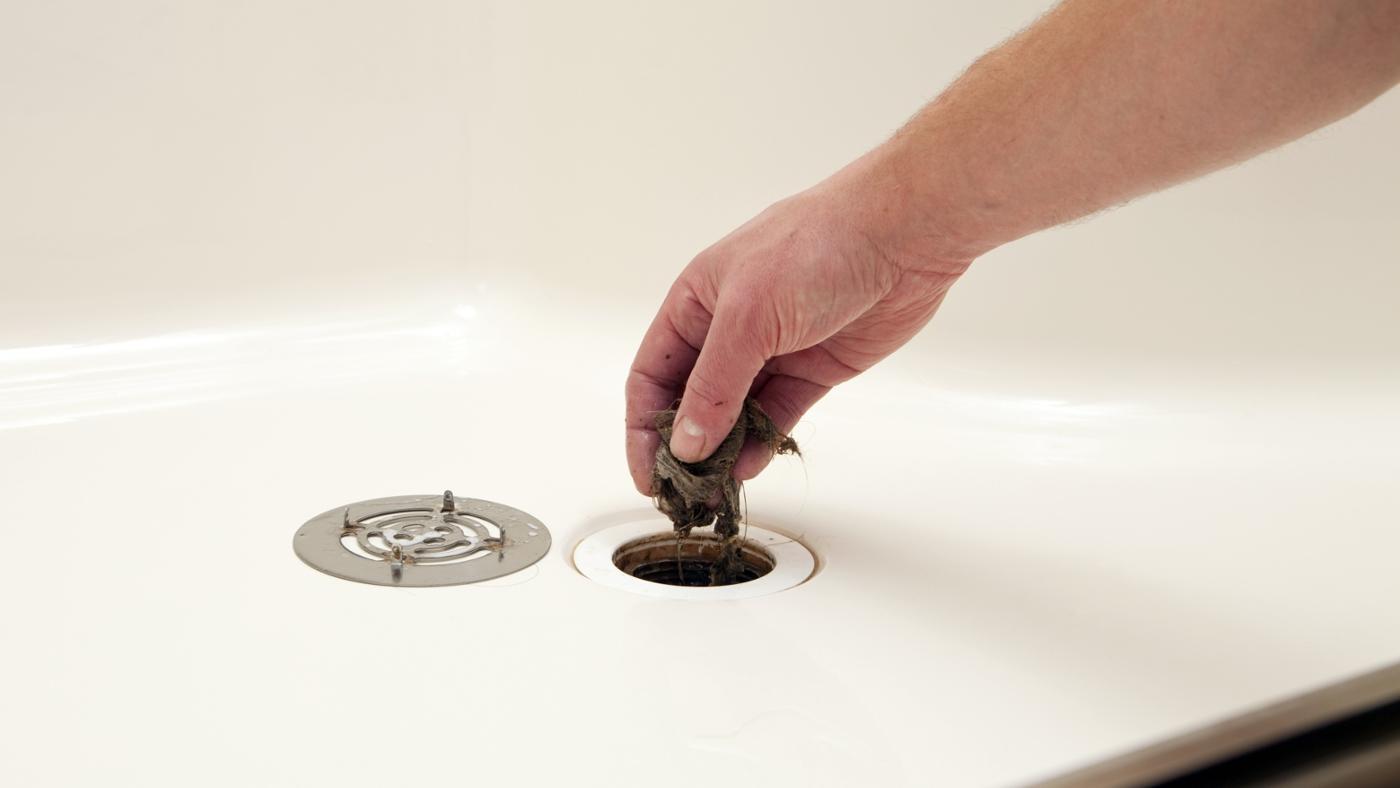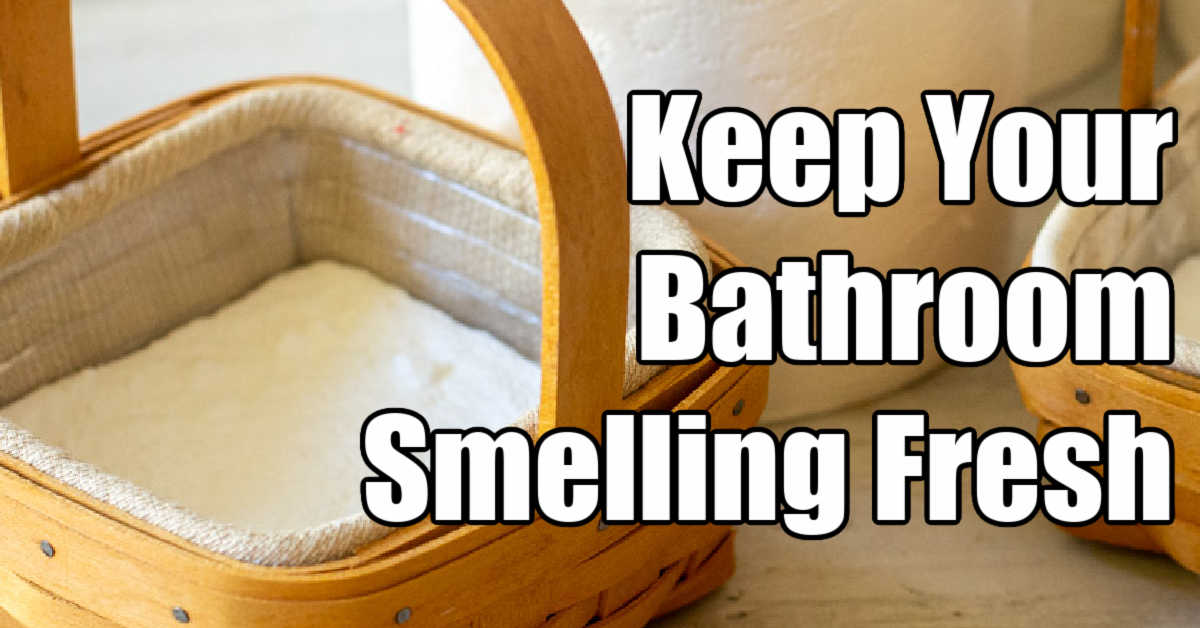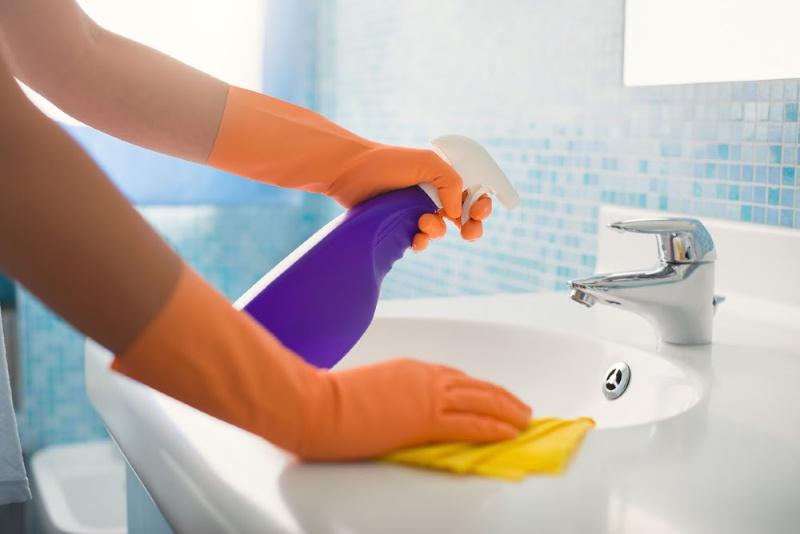How to Get Rid of Mildew Smell in Bathroom Sink
If your bathroom sink is emitting a musty, mildew smell, you're not alone. This common household issue can be frustrating and unpleasant to deal with. Fortunately, there are several effective methods for eliminating the mildew odor and keeping your bathroom sink smelling fresh and clean. In this article, we'll discuss the top 10 ways to get rid of mildew smell in your bathroom sink.
Causes and Solutions for a Smelly Bathroom Sink
Before we dive into the solutions, it's important to understand the causes of a smelly bathroom sink. One of the main culprits is stagnant water, which can become a breeding ground for bacteria and mold. Other potential causes include clogged pipes, old or dirty sink stoppers, and buildup of soap scum and toothpaste residue. To eliminate the smell, it's essential to address and resolve these underlying issues.
DIY Remedies for a Musty Bathroom Sink
If you prefer to use natural and homemade solutions, there are several options for getting rid of mildew smell in your bathroom sink. One effective method is to mix equal parts of white vinegar and baking soda and pour it down the drain. Let it sit for 15-20 minutes, then flush with hot water. You can also try using a mixture of lemon juice and salt, or a few drops of essential oil, such as tea tree or eucalyptus, in your sink drain to combat odors.
Eliminating Mildew Odor from Your Bathroom Sink
For a more heavy-duty solution, you may need to use a commercial drain cleaner specifically designed to combat mildew odors. Look for products that contain enzymes or bacteria that can break down and eliminate the organic matter causing the smell. These cleaners are typically safe to use in all types of plumbing systems and will not harm your pipes.
Preventing Mildew Smell in Your Bathroom Sink
As the saying goes, an ounce of prevention is worth a pound of cure. To prevent mildew smell from returning to your bathroom sink, there are a few simple steps you can take. First, make sure to run hot water down the drain after each use to help flush out any potential buildup. You can also try using a drain strainer to catch hair and other debris that can contribute to clogs. Additionally, regularly cleaning your sink and drain with a mildew-fighting cleaner can help prevent odors from developing.
Top Tips for Removing Mildew Smell from Your Bathroom Sink
In addition to the remedies mentioned above, there are a few other tips for effectively getting rid of mildew smell in your bathroom sink. One helpful method is to pour boiling water down the drain to help loosen and flush away any buildup. Another option is to pour a cup of baking soda down the drain, followed by a cup of vinegar. The resulting chemical reaction can help break down and eliminate organic matter. You can also try using a small plumbing snake to remove any obstructions or buildup in the pipes.
Natural Ways to Get Rid of Mildew Smell in Your Bathroom Sink
If you prefer to avoid using harsh chemicals, there are also natural ways to get rid of mildew smell in your bathroom sink. One simple method is to sprinkle a generous amount of salt down the drain, followed by a cup of hot water. Let it sit for a few minutes, then flush with hot water. You can also try using a mixture of equal parts hydrogen peroxide and water, or a solution of borax and water, to clean and deodorize your sink and drain.
Common Causes of a Mildew Smell in Your Bathroom Sink
We've already discussed some of the potential causes of mildew smell in your bathroom sink, but it's important to address them more thoroughly. Stagnant water, clogged pipes, and buildup of organic matter are all common culprits. Other possible causes may include a broken or malfunctioning P-trap, a leaky pipe, or a sewer gas leak. If the smell persists after trying multiple solutions, it may be necessary to call a plumber to diagnose and fix the issue.
Effective Cleaning Methods for a Smelly Bathroom Sink
Regularly cleaning your bathroom sink and drain is crucial for preventing mildew smells. Use a mildew-fighting cleaner or make your own with hydrogen peroxide, vinegar, or baking soda. Scrub the sink and drain thoroughly and rinse with hot water. You can also try using a small brush or toothbrush to clean hard-to-reach areas, such as the underside of the stopper or around the drain.
How to Keep Your Bathroom Sink Smelling Fresh and Clean
Once you've eliminated the mildew smell from your bathroom sink, it's important to maintain good hygiene and cleaning habits to prevent it from returning. Make sure to regularly clean your sink and drain, and use a mildew-fighting cleaner at least once a week. Also, be mindful of what you put down your drain and try to avoid letting hair, soap scum, and other debris build up. With consistent care and maintenance, you can keep your bathroom sink smelling fresh and clean for years to come.
How to Get Rid of the Mildew Smell in Your Bathroom Sink

Why Does My Bathroom Sink Smell Like Mildew?
 If you've noticed a musty, unpleasant odor coming from your bathroom sink, it's likely due to a buildup of mildew. Mildew is a type of fungus that thrives in moist, warm environments, making your bathroom sink the perfect breeding ground. It can be caused by a variety of factors such as poor ventilation, water leaks, or even just leaving wet towels or clothes on the sink. Not only is the smell unpleasant, but mildew can also be harmful to your health, so it's important to address the issue as soon as possible.
If you've noticed a musty, unpleasant odor coming from your bathroom sink, it's likely due to a buildup of mildew. Mildew is a type of fungus that thrives in moist, warm environments, making your bathroom sink the perfect breeding ground. It can be caused by a variety of factors such as poor ventilation, water leaks, or even just leaving wet towels or clothes on the sink. Not only is the smell unpleasant, but mildew can also be harmful to your health, so it's important to address the issue as soon as possible.
How to Get Rid of the Mildew Smell
 The first step to getting rid of the mildew smell in your bathroom sink is to thoroughly clean it. Start by removing any visible grime or buildup using a mixture of equal parts water and
white vinegar
. This natural cleaning solution is effective at killing mildew and eliminating odors. You can also use a
bleach
solution, but be sure to wear gloves and open a window for proper ventilation.
After cleaning the surface of your sink, it's important to address the drain as well. Pour a mixture of
baking soda
and
white vinegar
down the drain and let it sit for 30 minutes. Then, pour boiling water down the drain to flush out any remaining mildew and debris.
The first step to getting rid of the mildew smell in your bathroom sink is to thoroughly clean it. Start by removing any visible grime or buildup using a mixture of equal parts water and
white vinegar
. This natural cleaning solution is effective at killing mildew and eliminating odors. You can also use a
bleach
solution, but be sure to wear gloves and open a window for proper ventilation.
After cleaning the surface of your sink, it's important to address the drain as well. Pour a mixture of
baking soda
and
white vinegar
down the drain and let it sit for 30 minutes. Then, pour boiling water down the drain to flush out any remaining mildew and debris.
Preventing Mildew in Your Bathroom Sink
 Now that you've eliminated the mildew smell from your bathroom sink, it's important to take steps to prevent it from coming back. Make sure to keep your sink clean and dry, wiping up any excess water or spills immediately. You can also run the faucet for a few minutes after using the sink to ensure the drain is clear and there is no stagnant water.
Improving ventilation in your bathroom can also help prevent mildew growth. Consider installing a fan or opening a window while using the shower or bath to reduce moisture in the air. You can also use a dehumidifier to keep humidity levels in check.
Now that you've eliminated the mildew smell from your bathroom sink, it's important to take steps to prevent it from coming back. Make sure to keep your sink clean and dry, wiping up any excess water or spills immediately. You can also run the faucet for a few minutes after using the sink to ensure the drain is clear and there is no stagnant water.
Improving ventilation in your bathroom can also help prevent mildew growth. Consider installing a fan or opening a window while using the shower or bath to reduce moisture in the air. You can also use a dehumidifier to keep humidity levels in check.
Conclusion
 A mildew smell in your bathroom sink can be a nuisance, but with the right cleaning and preventative measures, it can be easily eliminated. Remember to regularly clean and dry your sink, and improve ventilation to prevent mildew from coming back. With these tips, your bathroom sink will be fresh and odor-free in no time.
A mildew smell in your bathroom sink can be a nuisance, but with the right cleaning and preventative measures, it can be easily eliminated. Remember to regularly clean and dry your sink, and improve ventilation to prevent mildew from coming back. With these tips, your bathroom sink will be fresh and odor-free in no time.






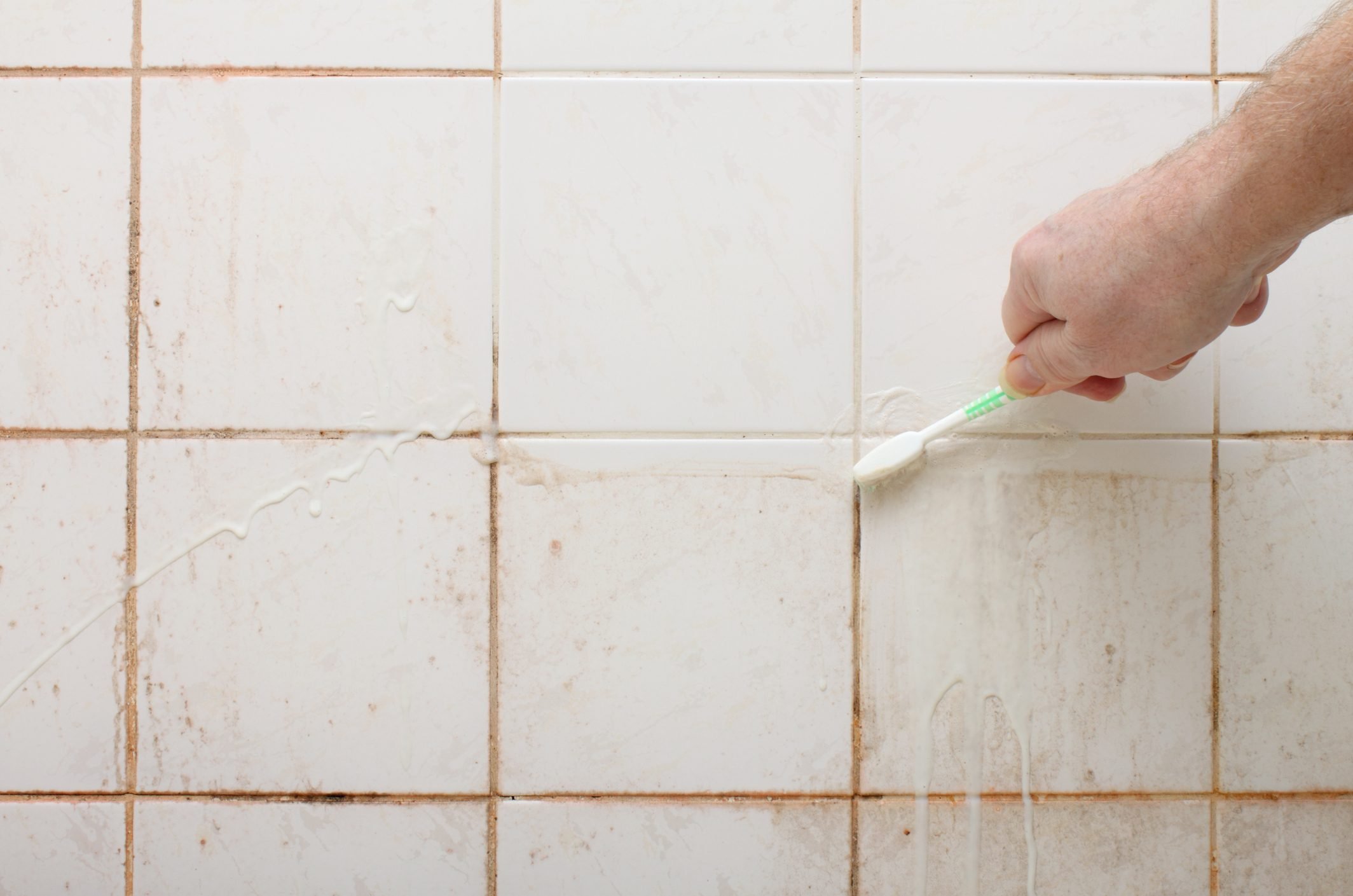






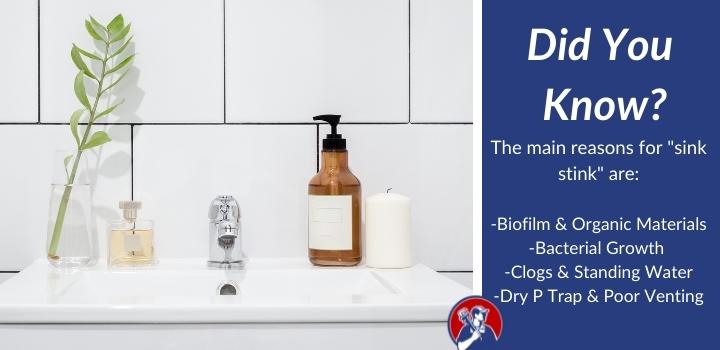












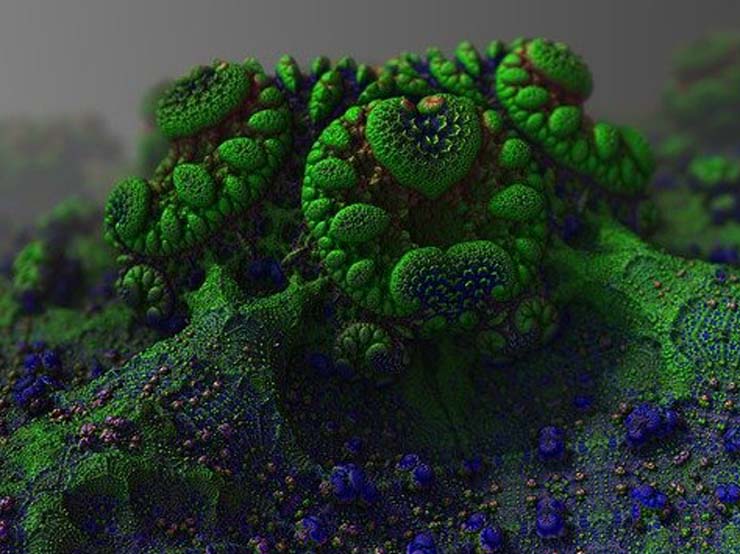

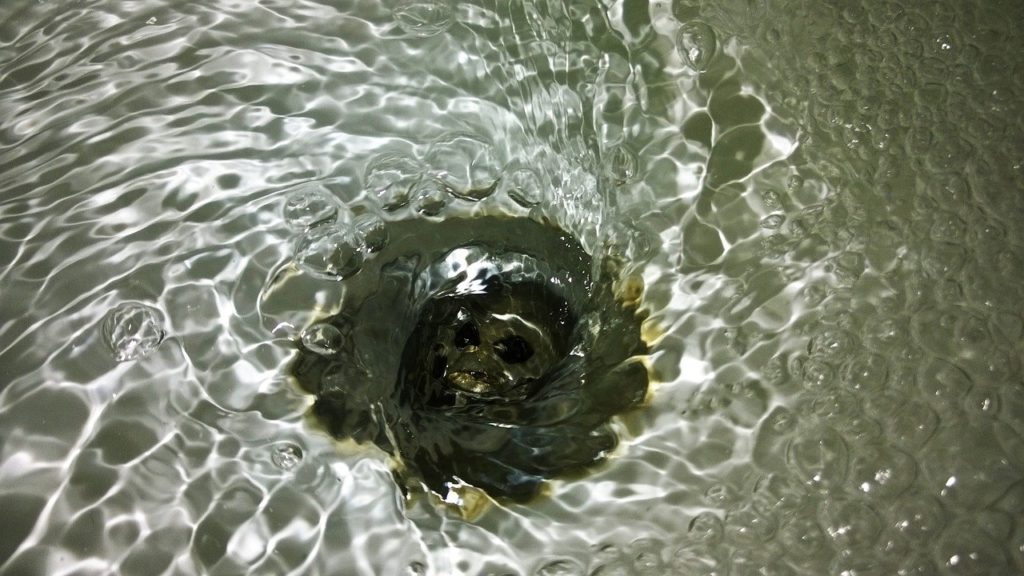
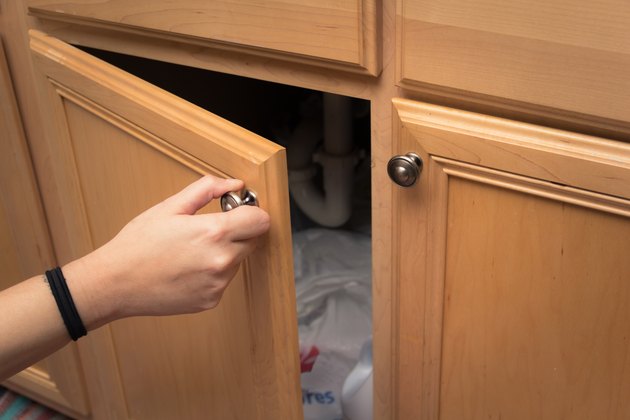



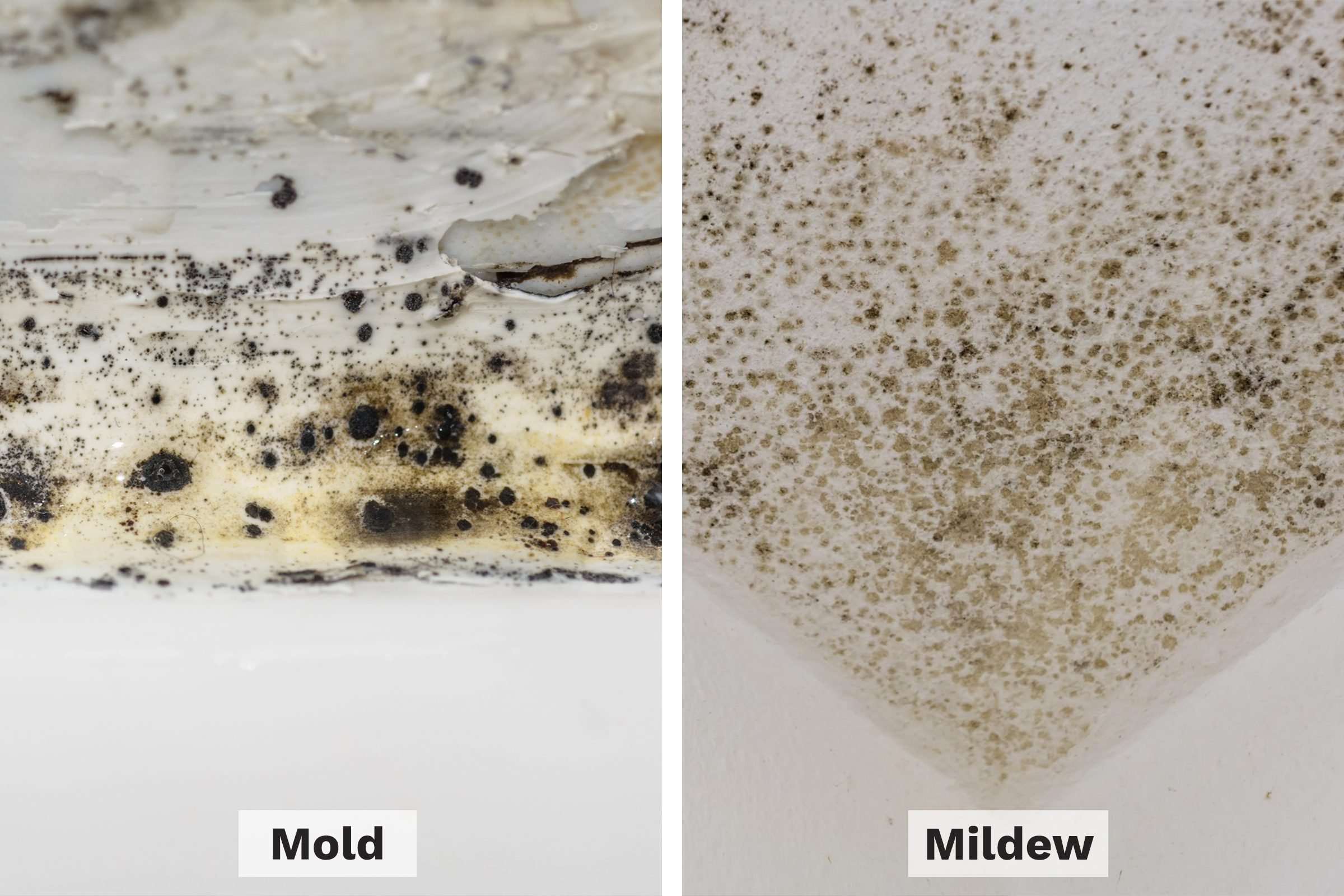
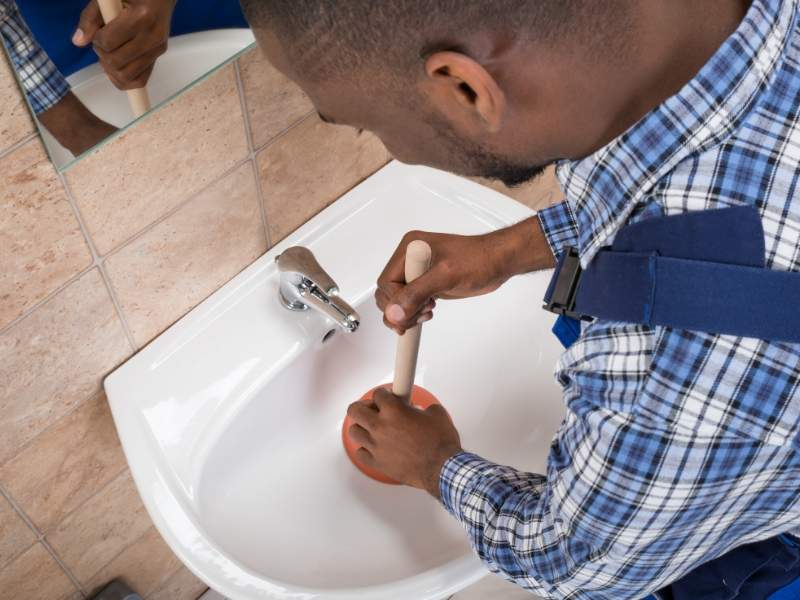
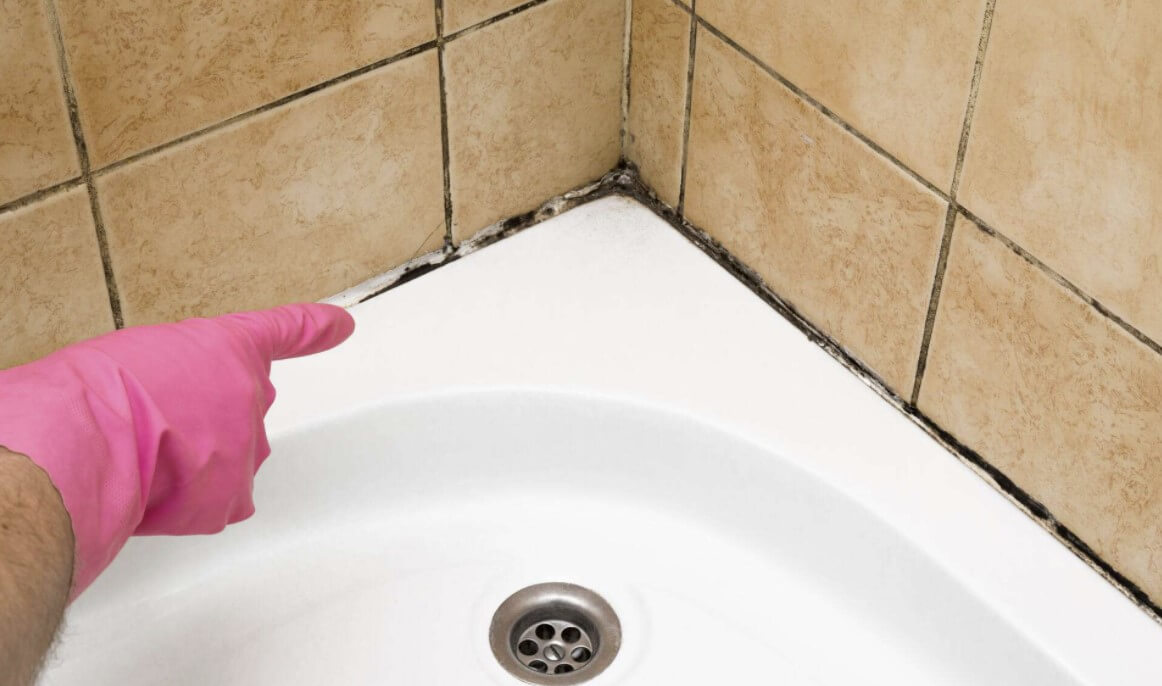





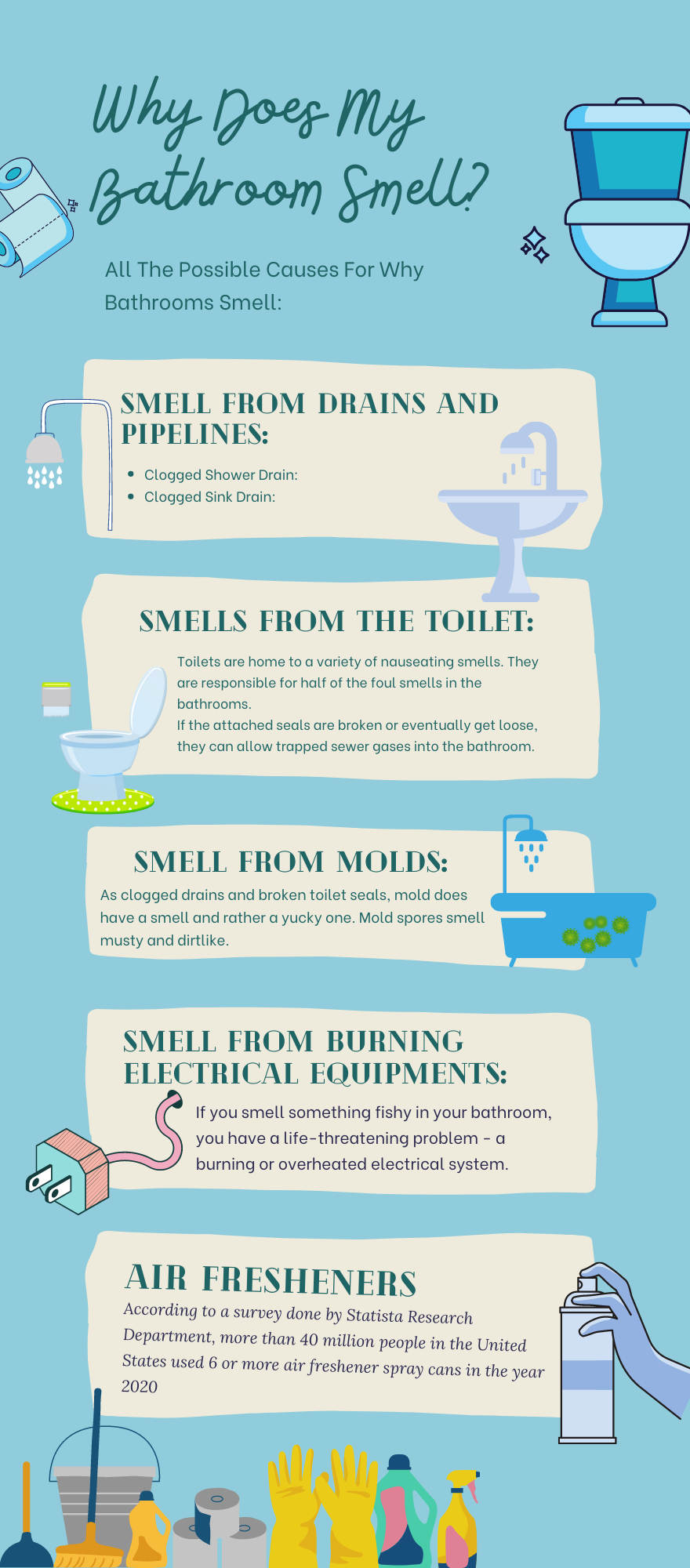


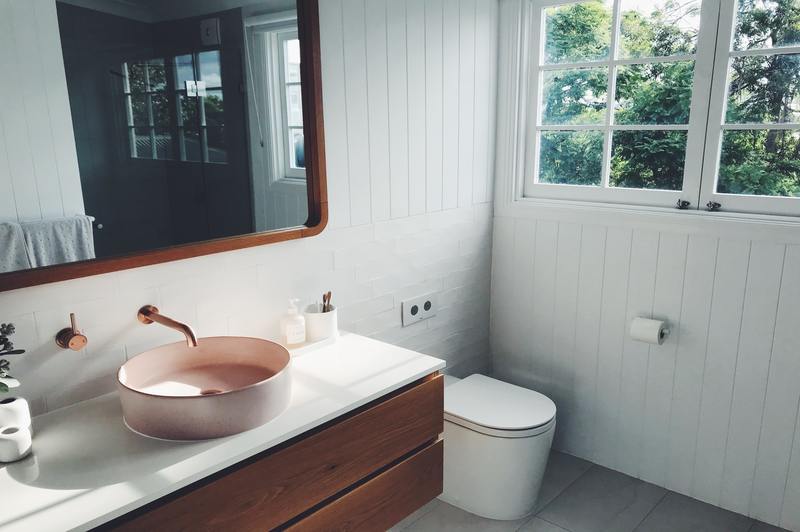



.png)
